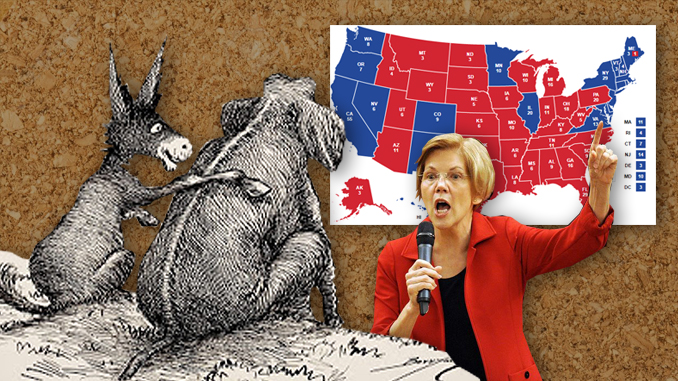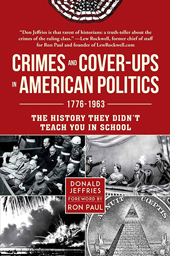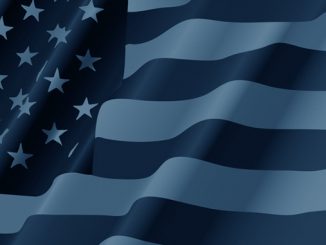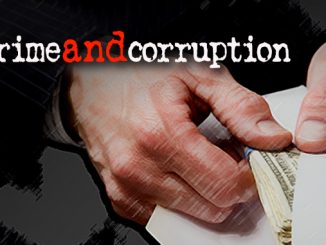
The Institution was created to ensure that states with smaller populations aren’t left out. Are small states in danger if anti-Electoral College forces win?
By S.T. Patrick
The Electoral College, one of the longest-standing constitutional mandates never to have been eroded, may be on the road to complete abolishment within the next decade. Currently, it is under fire for diluting the decision of the popular vote, but that was a major factor of the founders’ original intent, and for good reason.
In late August, the U.S. Court of Appeals for the Tenth Circuit ruled that an elector cannot be legally bound by either the popular vote or the candidate to which they have pledged. The Constitution allows an elector to vote however and for whomever they see fit. An elector, ruled the court, has the same constitutional rights as a regular voter, who also cannot be legally bound to a candidate or party.
The case involved Michael Baca who, at the meeting of electors in Colorado, was a part of a group called the “Hamilton electors.” Those electors had decided that both Donald Trump and Hillary Clinton were unfit for office. Colorado’s nine electors were supposed to go to Clinton. Nebraska and Maine are the only two states that do not have winner-takes-all rules and thus allow a splitting of the electoral votes based upon the proportional outcomes of the state’s popular vote. Baca crossed Clinton’s name out and wrote in Gov. John Kasich (R-Ohio). Then-Colorado Secretary of State Wayne Williams, a Republican, removed Baca as an elector, a move the court has decided was illegal.
There are two sides to this difficult constitutional conundrum. One side, expressed by current Colorado Secretary of State Jena Griswold, a Democrat, says: “This court decision takes power from Colorado voters and sets a dangerous precedent. Our nation stands on the principle of one person, one vote.” Griswold views the electoral college as a constitutional formality, a process that should absolutely mirror the state’s popular vote. If electors are completely free to vote for the candidate of their choice, then we have a process that exposes electors to bribery, threats, political persuasion, peer pressure, and potential extortion. On the other hand, the Constitution does explicitly allow electors the freedom of the ballot. Amending that freedom would require changing a tenet of the Constitution.
While the rights of the electors have been a significant issue in recent years, others have continued to debate whether the electoral college is still a valid institution in 2019. They have wondered what purpose the electoral college really serves, if, as happened in 1876, 1888, 2000, and 2016, the winner of the popular vote—the will of the people—lost the presidential election.
The electoral college was designed to increase the importance of the nation’s “heartland,” which, at the time, meant states outside of Virginia, Massachusetts, and Pennsylvania. Why would a small, independent state agree to “form a more perfect union,” after all, if the voices of its people will be muted by the population centers of the new country? The creation of the Senate, wherein every state has two senators regardless of population, also serves the function of creating an equilibrium between states.
The House of Representatives is different; it is more democratic in that the number of representatives for each state is allocated by census figures. The founders were distrusting of “mob rule,” the emotional whims of the people, even when they were an organized mob.
In Federalist No. 68, Alexander Hamilton laid out the reasons for an electoral college system that was detached from and not beholden to the nation’s officeholders. Because the electors were not politicians, per se, they would also not be influenced by foreign interests, a legitimate concern in 1787, which now would have shifted to a fear of an elector having a long-standing tie to corporate interests. The people would choose their electors in a much more direct election than it would the president himself.

In Federalist No. 10, James Madison worried about “an interested and overbearing majority.” The number of electors for each state are the sum of its U.S. representatives plus U.S. senators (two). It is the addition of the mandatory two senators that brings Wyoming—America’s least-populated state—closer in electoral value to California, which is America’s most-populated state. Without the electoral college, candidates would have to concern themselves only with the major population centers of the United States. The heartland, the part of the country that many coastal elites already deride as “fly-over states,” would be rendered voiceless. “One person, one vote” would still exist in Wyoming or Alaska, but it wouldn’t matter. Wyoming today has 577,737 residents. That is the size of Oklahoma City and smaller than Las Vegas, Milwaukee, and Louisville. If the popular vote was the sole deciding factor, why would a candidate ever step outside of New York City, Los Angeles, Chicago, Houston, and Philadelphia to campaign?
The electoral college is the sole lifeline for medium and small states in presidential elections. It is possible that Nebraska and Maine have already offered a potential solution, if the country is willing to see it. If all states split their electors proportional to their popular vote, then the popular vote would be better represented, yet the smaller states would still retain their number of electors. Neither party, however, may be willing to bend. Democrats (pro-popular vote) know they control the population centers and Republicans (pro-electoral college) know they dominate the rural regions.
Neither wants to move in the opposite direction and thereby lose control of what currently benefits them.
S.T. Patrick holds degrees in both journalism and social studies education. He spent 10 years as an educator and now hosts the “Midnight Writer News Show.” His email is [email protected]. He is also an occasional contributor to TBR history magazine and the current managing editor of Deep Truth Journal (DTJ), a new conspiracy-focused publication available from the AFP Online Store.






Even if the Electoral College were totally legitimate it could be a firewall for illegitimate purposes. Members could become proxies for groups who place the United States second to their own interests.